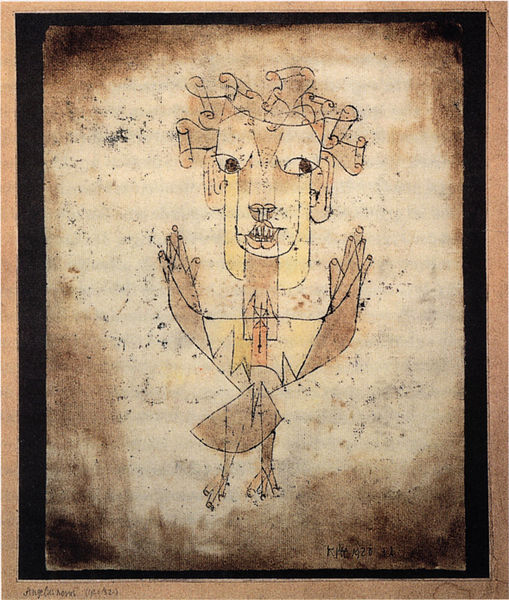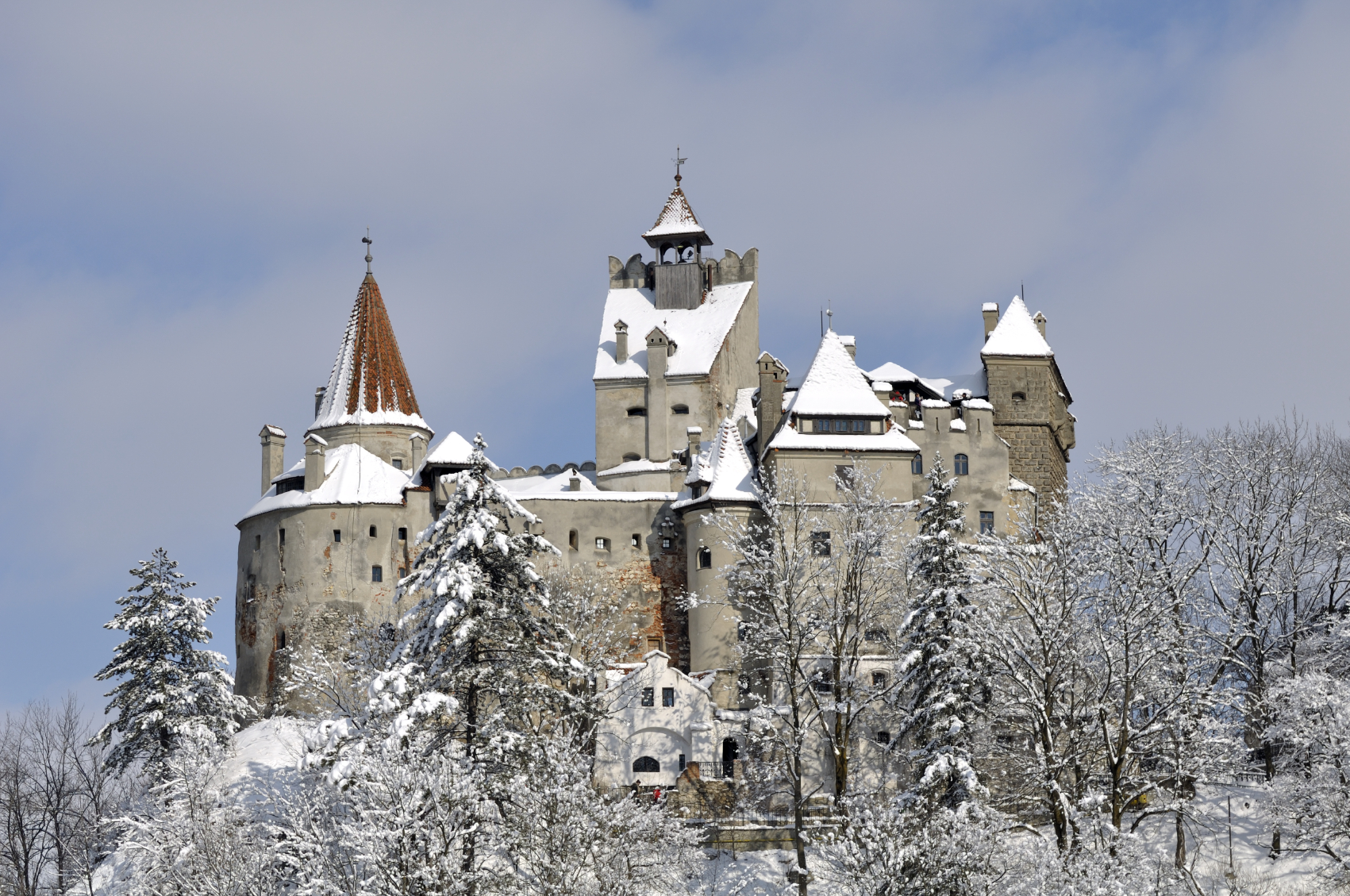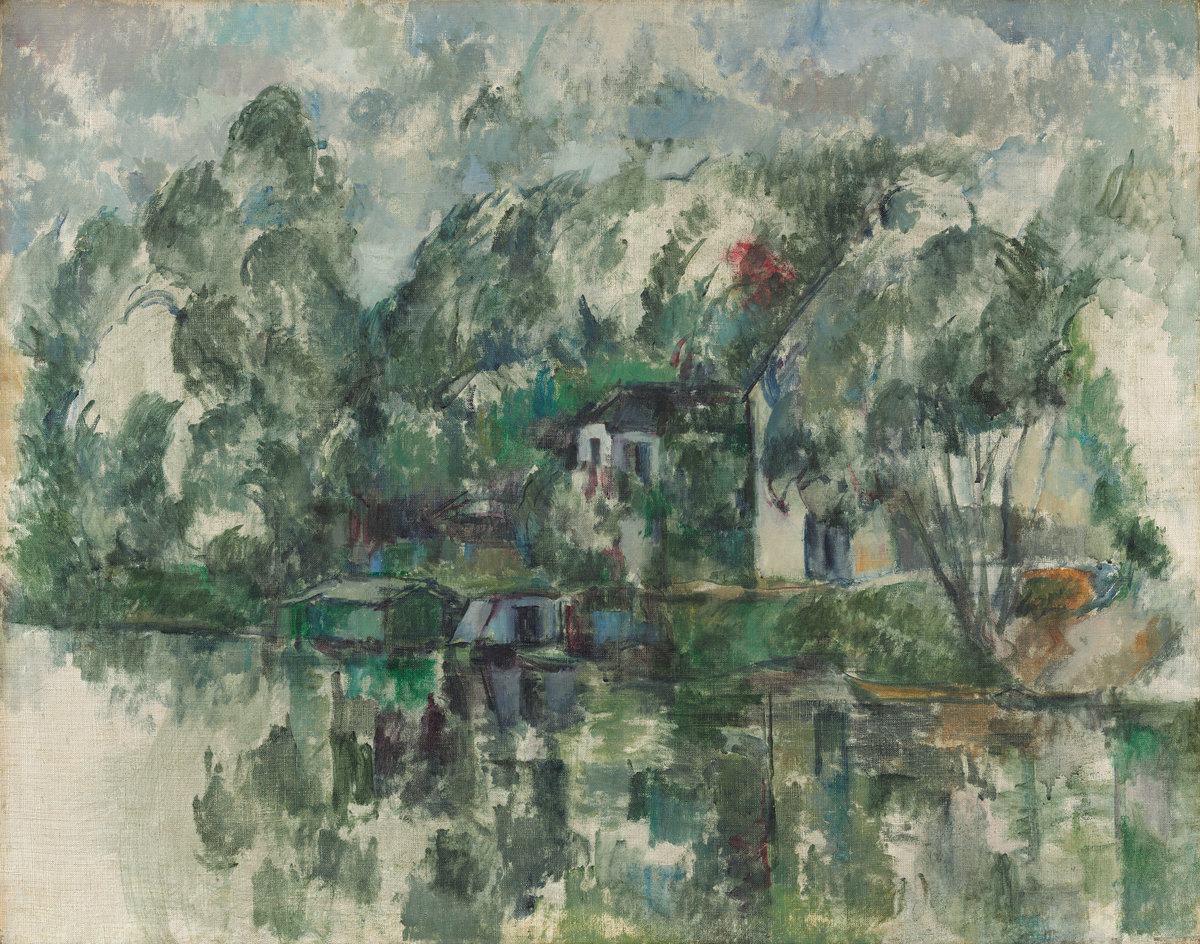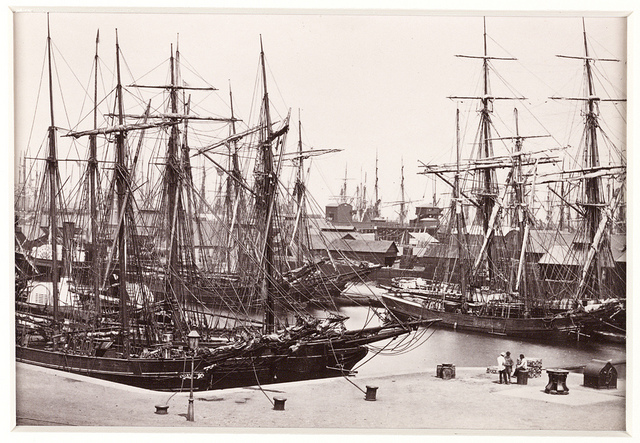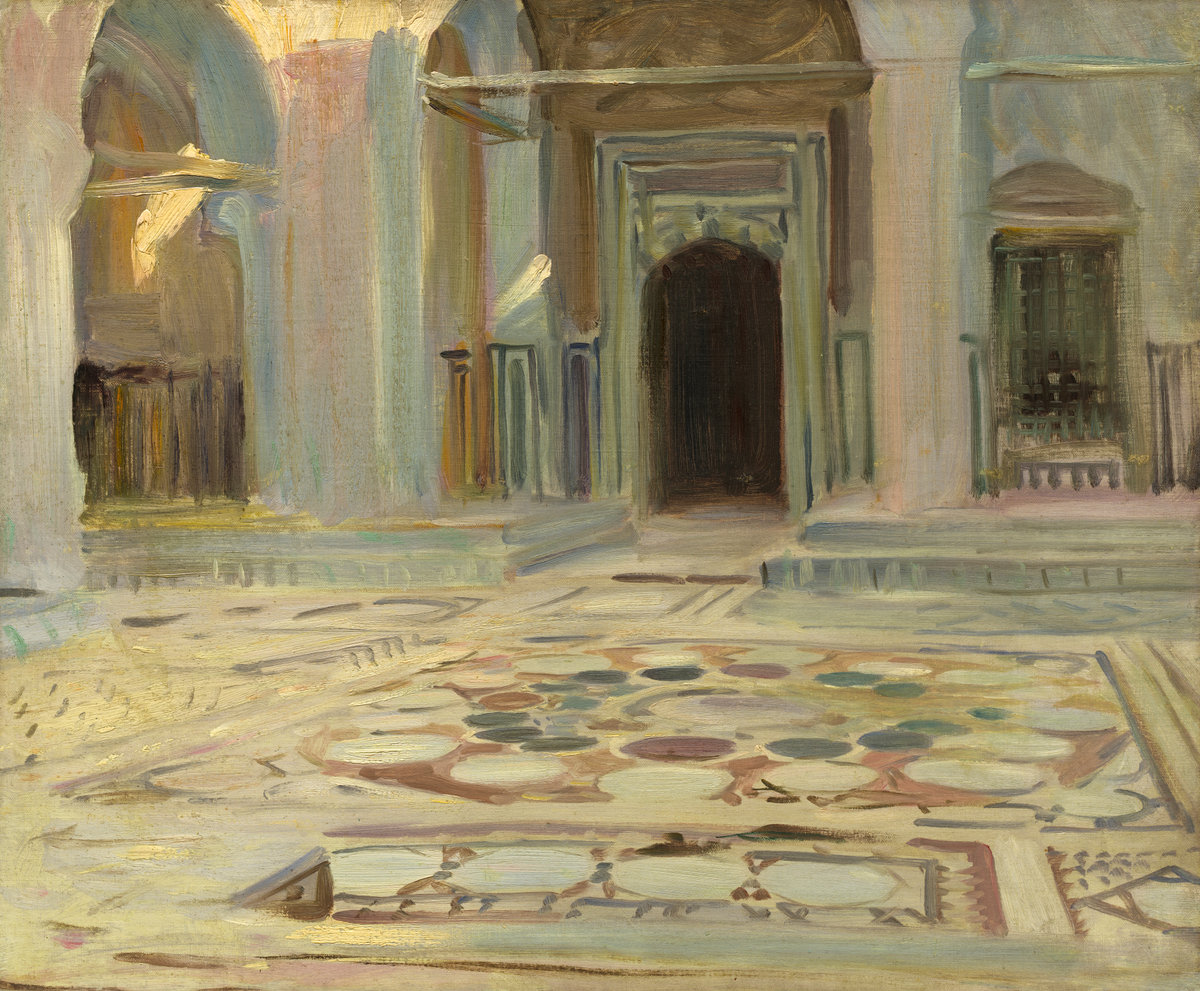By Sarah Bakhtiari

Will future war be increasingly non-violent? Who can be counted as belligerents in nonviolent warfare? Perspectives on the matter differed at the first annual New America & Arizona State University Future of War Conference, which launched their joint Future of War Project.
On the other hand, here’s a warfighter’s perspective on the banality of killing, and perhaps its inevitability, as a consequence of our Hobbesian condition.
Revolutions are the product of grievances, but what kind? A glance at the world’s most miserable economies and their notable lack of civil strife suggests that the story of revolutions shouldn’t be oversimplified.
The Nobel Committee of 2006 recognized the promise of microcredit as a tool for peace, but now that the evidence is in, Chris Blattman argues cash is even better.
Scholars continue to debate what the Islamic State is, and what it isn’t. Audrey Kurth Cronin explains why characterizing IS as a terrorist organization is flawed, arguing that IS more closely resembles a breakaway republic fighting a weak central state in a conventional civil war. The mischaracterization undermines U.S. strategy toward IS, and ignores the Islamic State’s serious threat to the international order.
Is the Islamic State opening up roles for women? Perhaps, but those roles aren’t in combat; they’re traditional roles that, according to IS, preserve the stability of society. Jill Sargent Russell interprets this as a means of holding territory, complicating combat operations, and sustaining the supply of fighters, not to mention spreading and normalizing the IS ideology.
Is the argument that weak states have unnecessarily preoccupied the United States a throwback to great power politics, or does globalization actually bind strong states to weak ones, compelling our attention? Here’s one take on the issue. Relatedly, Joseph Nye and Peter Zeihan debate great power relations in the 21st century and whether the United States will maintain an active foreign policy or retrench.
What explains Russian opposition leader Boris Nemtsov’s assassination last week? The decade from 1996 to 2005 witnessed a lot more political assassinations in Russia than 2005 to present. Political scientists weigh in, and question whether Mr. Nemtsov is a martyr or not.

